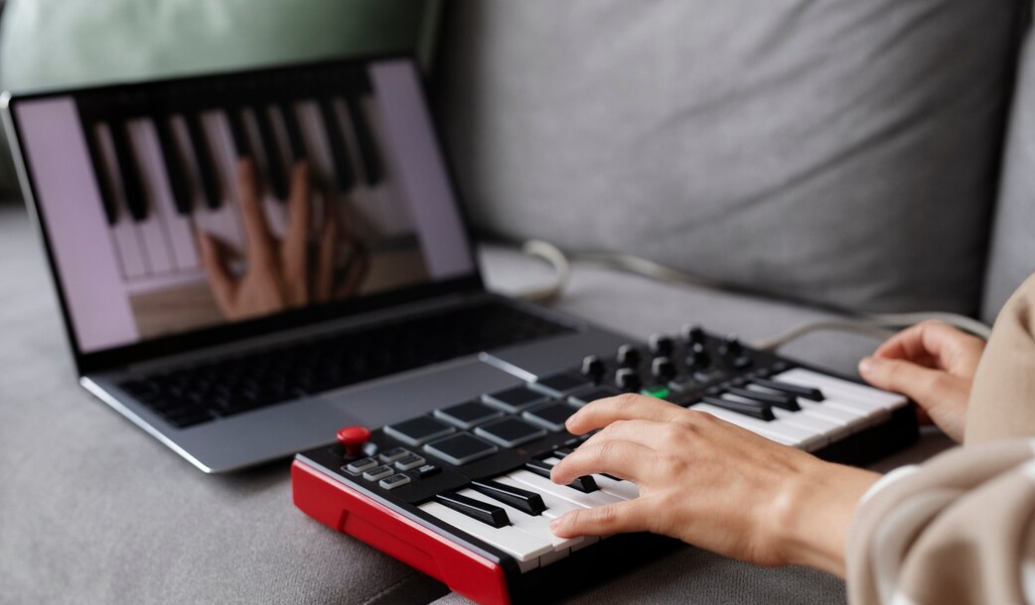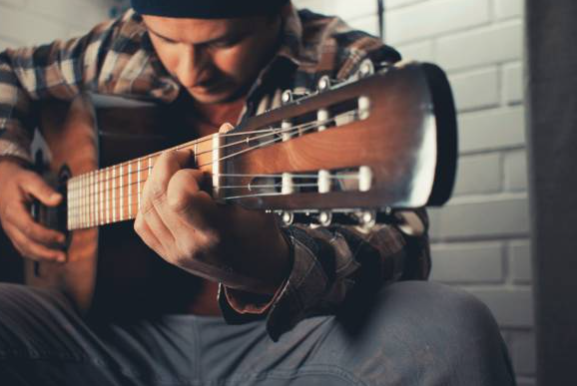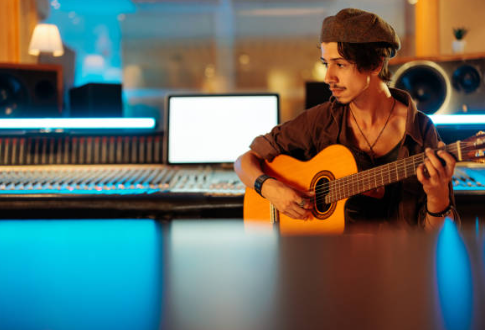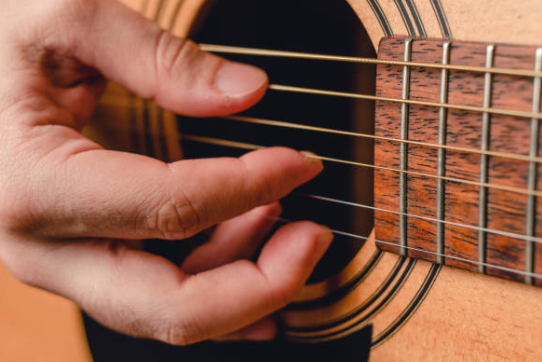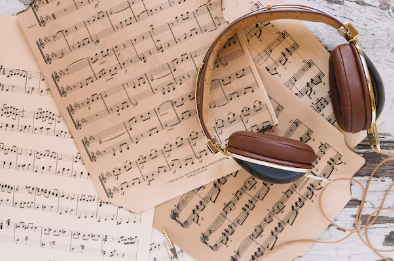Small Piano Solutions: The 5 Best Keyboards for Compact Spaces
When we hear the word “piano”, we often picture a grand or upright piano that takes up significant space in a room. However, having heard customers use this term thousands of times, the term “small piano” has taken on a new significance. A small piano, in many cases, is actually a keyboard, a portable and often more affordable alternative to traditional pianos.
Listen, I get it. You want your child to play piano but are afraid of the cost of a piano. Maybe you, the reader, would love to tickle the ivories as they say and imagine yourself playing like Billy Joel in a nightclub or with a bottle of bourbon at home composing the next great masterpiece.
Whatever you need, if you are thinking about getting a small piano… it doesn’t exist. Pianos weigh a literal ton and in about a year are usually 1000 pound tables with pictures on them collecting dust. How do you get a small piano that will fit in that corner you are looking at?
A keyboard.
This is a perfect solution for those who lack the space but have the passion to delve into the world of music.
For those seeking the best small piano options to fit in compact spaces,
Here are the top 5 keyboards to consider:
- Yamaha P-125 Digital Piano
- Description: The Yamaha P-125 offers a dynamic, high-quality sound and natural piano touch response, all within a compact design. It boasts 88 fully-weighted keys, which give the feeling of a real acoustic piano.
- Best For: Beginners to intermediate players.
- Features: USB connectivity, built-in speakers, and a variety of instrument voices.
- Roland GO:PIANO 88-Key Digital Piano
- Description: Roland’s GO:PIANO provides an affordable yet quality experience. Its 88 keys offer an authentic touch, while its lightweight design makes it perfect for small spaces.
- Best For: Absolute beginners and traveling musicians.
- Features: Bluetooth audio/MIDI support, onboard high-quality speakers, and multiple sound options.
- Casio Privia PX-160 Digital Piano
- Description: The Casio Privia PX-160 offers a rich and resonant sound, replicating that of a grand piano. Its compact design and lightweight nature make it a great fit for small rooms.
- Best For: Intermediate players and hobbyists.
- Features: Dual headphone outputs, built-in speakers, and 18 authentic piano tones.
- Korg B2N Lightweight Digital Piano
- Description: The Korg B2N offers a unique touch-control system, suitable for beginners still developing finger strength. It’s designed for users who prioritize a lightweight instrument.
- Best For: Beginners and children.
- Features: USB connectivity, onboard speakers, and a diverse range of sounds.
- Alesis Recital Pro 88-Key Digital Piano
- Description: A perfect beginner-friendly small piano, the Alesis Recital Pro comes with 88 full-sized hammer-action keys with adjustable touch response.
- Best For: Beginners and budget-conscious buyers.
- Features: Built-in 20W speakers, lesson mode, and 12 premium voices.
While space might be a constraint, passion for music needn’t be.
Opting for a small piano, or more specifically, a compact keyboard, is a smart way to bring music into your life without compromising on space.
Keyboards mentioned above are full sized and will give you the breadth and warmth to achieve all sorts of music however if space truly is an issue and budget is too, then you need to consider others.
Most lessons start SMACK in the middle of the keyboard on middle C. Now, don’t you worry your little face about what middle C is just imagine all keys on the piano and focus on the center of the piano and that is the general area of where most if not all teachers start with.
So if you really want to save money, get a 61 key keyboard which is much smaller.
Here are list of great ones:
- Yamaha PSR-E373 Keyboard
- Description: A versatile keyboard known for its rich sound and variety of features that cater to both beginners and intermediate players.
- Best For: Beginners to intermediate players.
- Features: 622 high-quality Voices, Touch-sensitive keys, USB to HOST audio and MIDI, onboard lessons, and duo mode.
- Roland GO:KEYS GO-61K Keyboard
- Description: Roland’s GO:KEYS is designed for those seeking creativity. With its intuitive Loop Mix function, anyone can produce full-fledged songs immediately.
- Best For: Beginners and creative enthusiasts.
- Features: Professional-grade sounds, Bluetooth connectivity for audio playback, and a built-in recorder.
- Casio CT-X700 Portable Keyboard
- Description: Casio’s CT-X700 boasts the AiX Sound Source technology, delivering astounding sound quality for its price point.
- Best For: Intermediate players and hobbyists.
- Features: 600 tones, 195 rhythms, touch-responsive keys, and a 6-track recorder.
- Korg EK-50 Entertainer Keyboard
- Description: The EK-50 is Korg’s beginner-friendly keyboard, known for its automatic accompaniment features that make it easy for anyone to play along with a backing band.
- Best For: Beginners and solo performers.
- Features: Onboard speakers, LED buttons, multiple sound options, and built-in recording functions.
- Alesis V61 USB MIDI Keyboard Controller
- Description: Different from traditional keyboards, the Alesis V61 is a MIDI controller, designed for digital music production and performance.
- Best For: Music producers and digital musicians.
- Features: 8 backlit pads, 4 assignable knobs and buttons, pitch and modulation wheels, and USB connectivity.
- Novation Launchkey 61 MK3 Keyboard Controller
- Description: Another MIDI controller in the list, the Launchkey is designed with electronic music production in mind, especially for users of Ableton Live.
- Best For: Electronic musicians and Ableton Live users.
- Features: 16 RGB pads, pitch and modulation wheels, DAW controls, and deep integration with Ableton Live.
These keyboards not only fit perfectly into corners or play areas but also offer a range of features to help you embark on your musical journey. Remember, it’s not always about the size of the instrument… ahem… but the melody it brings to life.
